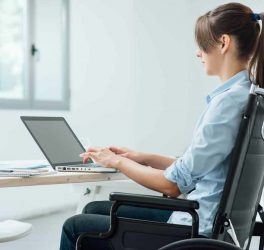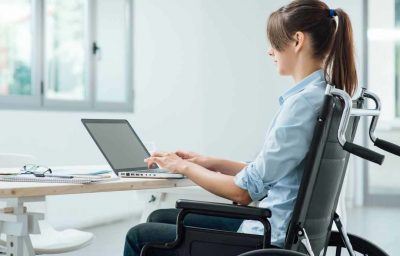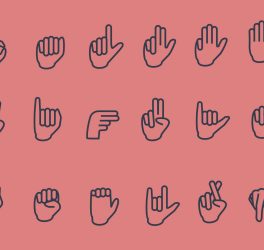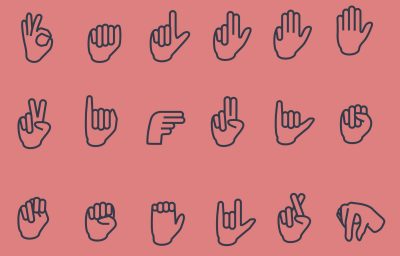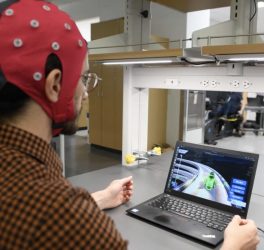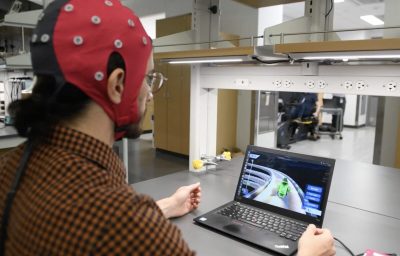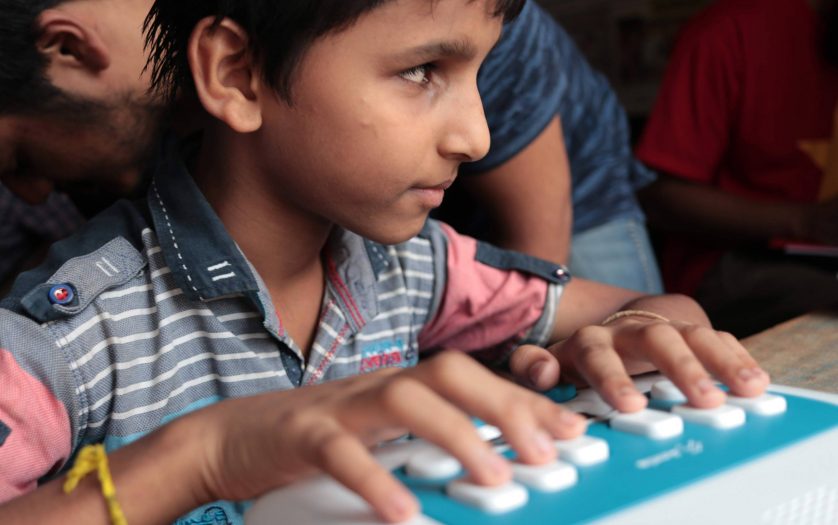
India’s Telangana State Innovation Cell (TSIC) will be hosting an online exhibition for Assistive Technology (AT), as a part of the forthcoming Assistive Technology Summit 2020, to recognise and showcase assistive and rehabilitative solutions.
It is inviting applications from innovators of the State, including startups, students, and grassroots innovators. The applications will be accepted till November 14, a release said.
The proposed solutions by innovators and startups should be aimed at solving any of the real-life problems faced by older people and persons with disabilities.
Details of the exhibition and application process are available on www.teamtsic.org/at-summit-exhibition. According to the website, the online exhibition is scheduled to be inaugurated on December 3.
“TSIC has taken up the initiative of creating a robust Assistive Technology innovation ecosystem in the State. The first step is identifying and recognising the AT-focused innovators through the exhibition, followed by the AT Summit 2020. These events’ primary outcome is to bring important stakeholders in the AT sector onto a platform and enable collaborations to empower innovators. The summit also marks the first major step in creating the country’s first and largest social-innovation ecosystem.” said Chief Innovation Officer Ravi Narayan.

